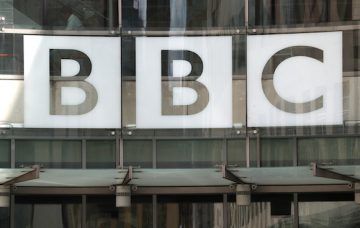Daniel Callcut in Prospect:

Perhaps nothing is so distrusted, in an age that prizes authenticity, as the attempt to act in a politically neutral fashion. The recent general election has brought accusations of BBC news bias to a new level of intensity. The organisation’s claims to balanced coverage, under attack from left and right, represent one more pillar of the traditional liberal order under threat of disintegration. Does anyone really believe in the idea of media impartiality anymore? Isn’t this just one more centrist idea that is collapsing not just practically but philosophically too?
The worry about impartiality being a moribund idea doesn’t just face broadcasters. It confronts everyone from teachers to judges. What do you do if the stereotypically teenage complaint, everyone is biased, is deemed to have been right all along? I think of my experience of teaching philosophy in the United States and I think it contains some useful answers. What I shall suggest is that, even if true neutrality is ultimately impossible, it is a terrible overreaction to give up on the aspiration to balance.
More here.
